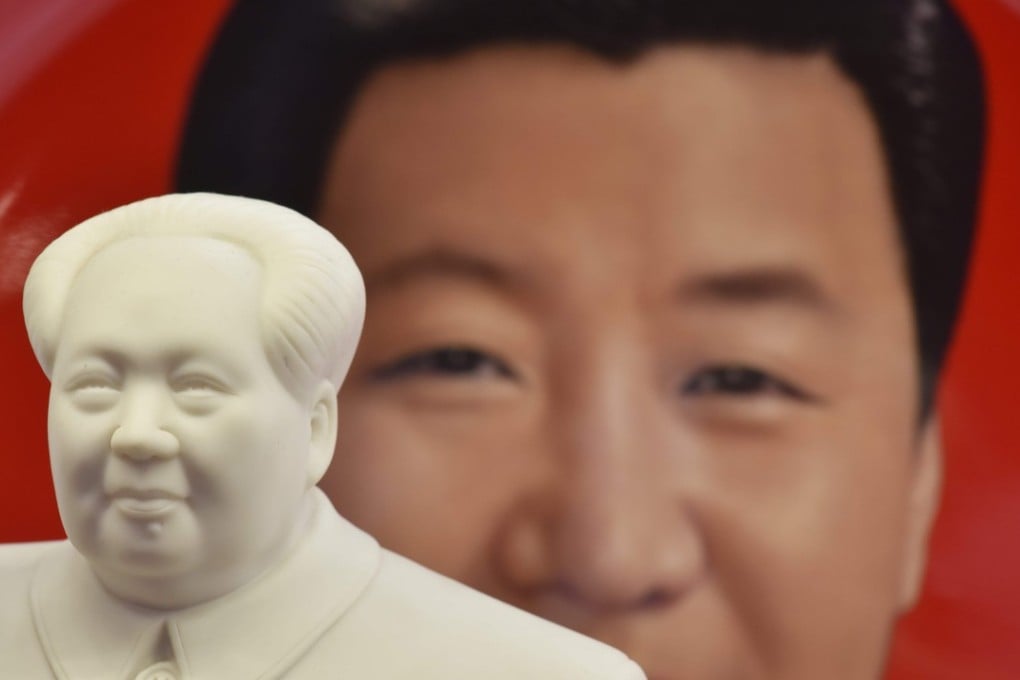Opinion | Why Xi Jinping should learn from Chiang Kai-shek, instead of modelling himself on Mao
- Chi Wang says Xi is said to emulate Mao but he ought to focus not only on the communist victory but also on Chiang Kai-shek’s missteps during the civil war
- Seventy years after the communists took Manchuria, the dangers of hubris and prioritising one’s personal power over the needs of the people are evident

In 1948, China’s civil war reached a major turning point in favour of the communists. What is emphasised more in China, however, is Mao Zedong addressing a crowd in Tiananmen Square on October 1, 1949. As someone who lived through both the Japanese occupation and the Chinese civil war, I feel compelled to shed light on this period and why understanding the truth about Mao’s victory over the nationalists is more important today than ever before.
Watch: ‘Xi Jinping Thought’ enshrined in the party charter
As those who were alive in 1949 die, the truth will become harder to discover. My family had just spent years trying to escape Japanese troops before ultimately ending up in Japanese occupied territory. When victory over Japan was announced, they hoped China would finally find peace. But war quickly resumed – this time with Chinese killing Chinese.
While China’s narrative focuses on the communist victory, just as important is how Chiang Kai-shek and the nationalists lost the war
Many were disillusioned with Chiang Kai-shek’s government. Mao ran a successful propaganda campaign vilifying Chiang and painting a picture of a better China. Meanwhile, the Republic of China faced hyperinflation.
As cities changed hands, little regard was given by either side to the fate of civilians, with countless killed or left as refugees.
In 1948, Manchuria fell to the communists. Manchuria – comprising the northeastern provinces of Liaoning, Jilin and Heilongjiang – was the main battleground of the civil war. The siege of Changchun left upwards of 160,000 civilians dead and the city in communist hands by October.
Then, the last major battle took place in Shenyang. My cousin, Lieutenant-General Zhou Fucheng, who commanded the Nationalist Army there, was captured and forced to surrender. By then, many nationalist troops had already defected to the communists.
While China’s narrative focuses on the communist victory, just as important is how Chiang and the nationalists lost the war. The communists would never have gained such inroads into Manchuria if Chiang had not given up on the region in the first place.
